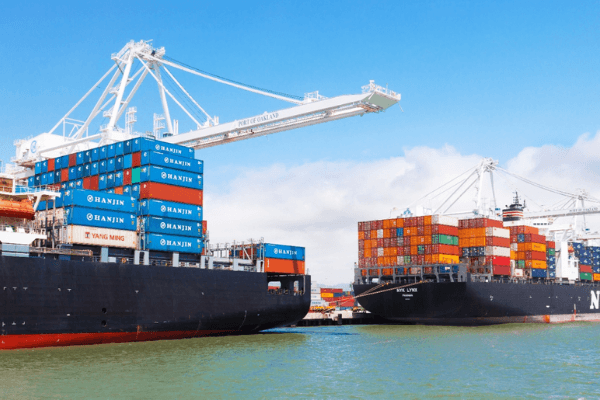International Ship and Port Facility Security (ISPS)
The International Maritime Organization (IMO) states that “The International Ship and Port Facility Security Code (ISPS Code) is a comprehensive set of measures to enhance the security of ships and port facilities, developed in response to the perceived threats to ships and port facilities in the wake of the 9/11 attacks in the United States” (IMO).
The ISPS Code is implemented through chapter XI-2 Special measures to enhance maritime security in the International Convention for the Safety of Life at Sea (SOLAS).
The Code is a two-part document describing minimum requirements for the security of ships and ports. Part A provides mandatory requirements. Part B provides guidance for implementation.
The ISPS Code applies to ships on international voyages (including passenger ships, cargo ships of 500 GT and upwards, and mobile offshore drilling units) and the port facilities serving such ships.
The main objectives of the ISPS Code are:
- To detect security threats and implement security measures
- To establish roles and responsibilities concerning maritime security for governments, local administrations, ship and port industries at the national and international level
- To collate and promulgate security-related information
- To provide a methodology for security assessments so as
- To have in place plans and procedures to react to changing security levels


